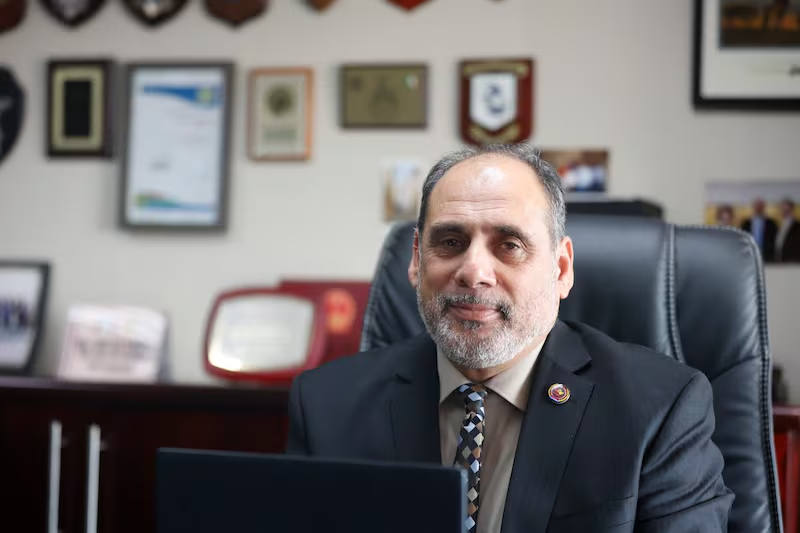News
South Africa Steps Up Fight Against Environmental and Organised Crime

South Africa is sharpening its tools and tightening international partnerships in the fight against environmental and organised crime, which continues to pose a serious threat to the country’s biodiversity, economy, and public safety.
Speaking at the 34th session of the UN Commission on Crime Prevention and Criminal Justice (CCPCJ) in Vienna, Major-General Thokozani Mathonsi of the South African Police Service (SAPS) outlined the country’s evolving approach to combating complex crimes — from wildlife trafficking and illegal mining to counterfeit goods and cyber-enabled fraud.
Fighting Crimes That Harm the Environment
Illegal activities targeting South Africa’s natural resources have had widespread consequences. From poaching endangered species and marine offences to unregulated mining, the damage spills over into the economy, security, and community well-being.
To counter this, South Africa launched the Environmental Enforcement Fusion Centre (EEFC) — a hub that collects and analyses digital evidence from seized devices and supports real-time law enforcement operations. Another key weapon in the country’s arsenal is the National Integrated Strategy to Combat Wildlife Trafficking (NISCWT), which enhances cooperation among law enforcement and judicial bodies to ensure swift prosecution.
Mathonsi called for greater international coordination, urging other countries to work together on filling gaps in legal frameworks. He backed a proposal for a new UN protocol under the Convention against Transnational Organised Crime, focused specifically on environmental crime.
The Surge in Counterfeit Goods
South Africa has also seen a spike in counterfeit products — from branded clothing to alcohol, cigarettes, and pharmaceuticals. These not only undercut local industries but also endanger public health.
The country advocates for stricter forfeiture and destruction of smuggled and misdeclared goods. This, Mathonsi says, is key to dismantling the networks enabling illicit trade.
Tackling Cross-Border Fraud and Financial Crimes
Organised fraud, especially across borders, is evolving rapidly thanks to new technologies. In response, South Africa has adopted legal frameworks that allow for asset seizure and property preservation. Law enforcement agencies now have the authority to freeze assets linked to fraudulent schemes.
This effort is further bolstered by improved collaboration with financial institutions. Cross-border data sharing has already helped to detect and disrupt suspicious transactions.
Cybercrime and AI: A Growing Concern
Emerging technologies, especially artificial intelligence, are increasingly being exploited for cybercrime. Mathonsi warned that many developing nations, including South Africa, lack the tools to counter these digital threats effectively.
He stressed the need for international alignment of cybercrime laws and supported the development of a UN-backed legally binding agreement to combat cybercrime on a global scale.
Confronting the Construction Mafia and Gang Violence
South Africa is also grappling with a rise in extortion-related crimes, particularly in the construction sector. Known as the “construction mafia,” these criminal groups have disrupted infrastructure projects across the country.
To address this, law enforcement has deployed more officers and established specialised task forces to dismantle these criminal networks.
Shared Responsibility: Communities, Government, and Business
Mathonsi concluded by emphasizing that no single sector can fight crime alone. Community leaders, businesses, and government institutions must work together to protect the country’s resources and people.
Interpol echoed this sentiment, noting its support through global operations, pollution crime investigations, and a soon-to-be-upgraded communication system called Nexus. This will streamline international information sharing and boost operational effectiveness in addressing crimes such as illegal waste exports and financial corruption.
South Africa’s approach to crime prevention is becoming more strategic, data-driven, and internationally engaged. With stronger laws, better tech, and deeper collaboration, the country is taking a stand against environmental exploitation and the global web of organised crime.
{Source: IOL}
Follow Joburg ETC on Facebook, Twitter , TikTok and Instagram
For more News in Johannesburg, visit joburgetc.com

























